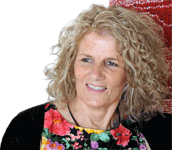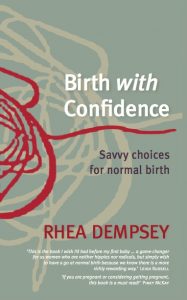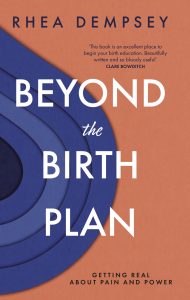
Do you want to avoid unnecessary intervention during labour? Are you interested in
natural birth but not sure it will be possible? I have worked with thousands of
parents-to-be and I know that with the right information, you can approach the birth
of your baby with trust and confidence. Find out more.



